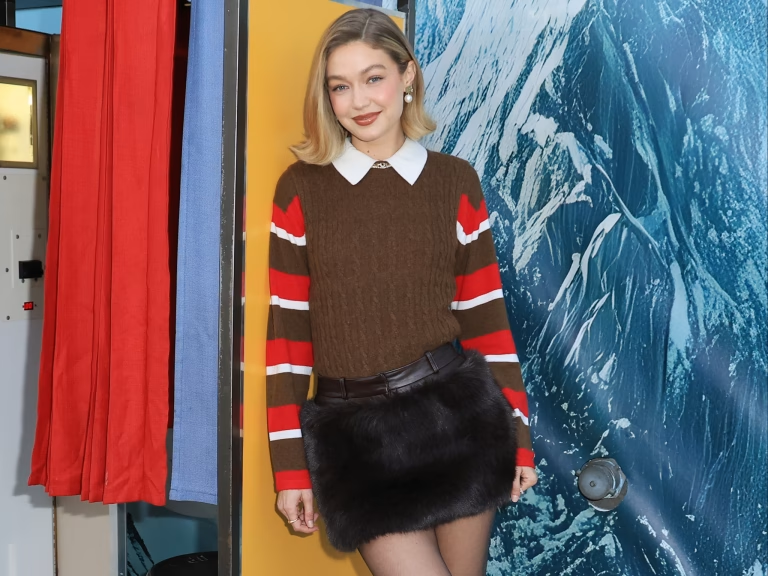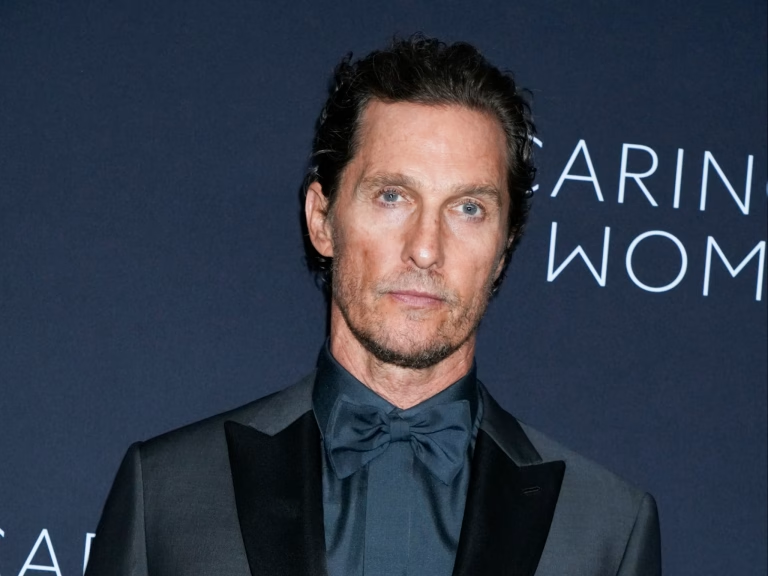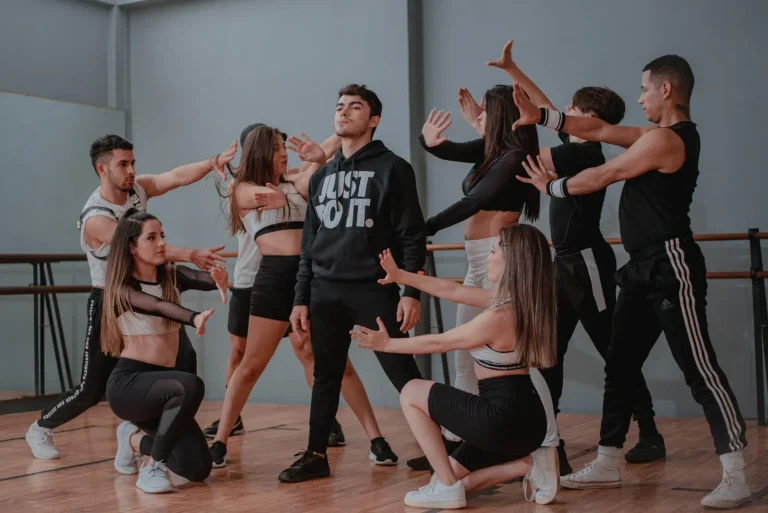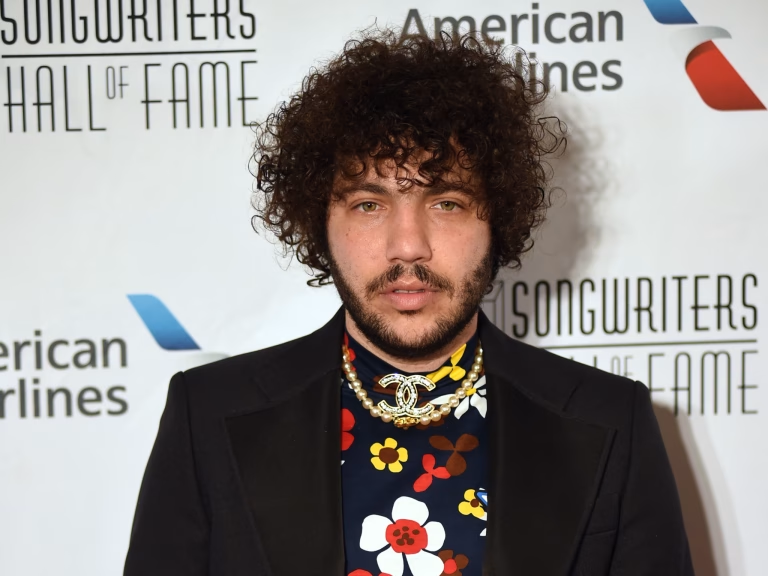Takeaways:
- A24 is casting real kitchen staff for its new film Tony, a biopic about Anthony Bourdain.
- Filming starts May and continues through early July in Provincetown, Massachusetts.
- No acting experience required—ideal for real culinary professionals.
- Directed by Matt Johnson and starring Dominic Sessa.
- Apply through Project Casting.
What is Tony About?
Tony is an upcoming A24 feature film that dives into the formative years of Anthony Bourdain—before the fame, the TV shows, and Kitchen Confidential. The movie traces his early days working the hotlines in gritty New York kitchens, revealing the passion, grit, and chaos that shaped the culinary icon we came to know.
This isn’t just another celebrity biopic. With a character-driven approach and a focus on authenticity, Tony promises to explore the complexities of Bourdain’s youth, his raw ambition, and the kitchen culture that inspired his voice.
Who Is in the Cast of Tony?
Dominic Sessa, best known for his breakout role in The Holdovers, takes on the formidable role of Anthony Bourdain. Sessa’s rising star power and dramatic depth make him a compelling choice for the complex lead. His casting signals A24’s commitment to delivering a performance that’s grounded, moving, and worthy of Bourdain’s legacy.
Who Is Casting Tony?
Casting for Tony is led by Atomic Honey Casting, known for championing bold, unconventional talent. The production is seeking real-life kitchen staff for featured roles—people who’ve worked the line, felt the pressure, and know the rhythm of a restaurant. The casting call specifically invites those with culinary experience to bring a dose of realism to the screen.
How Does the Casting Process Work?
The current open casting call is seeking male talent of all ethnicities, ideally with real kitchen experience. No prior acting experience is required. Candidates must bring a compelling presence, authentic energy, and be available for the full shooting schedule in Provincetown, MA.
If selected, actors will portray kitchen staff in fast-paced, high-energy restaurant scenes. You’ll work directly with the cast and crew, contributing to the film’s realism and emotional tone.
Where Is Tony Filmed?
Filming for Tony is taking place in Provincetown, Massachusetts, a coastal town known for its vibrant arts scene and historic charm. While the story is set in New York City, Provincetown provides a visually rich backdrop for recreating Bourdain’s early culinary journey.
When Does Filming for Tony Start?
Production begins in May 2025 and continues through early July 2025. Selected talent must be available for the full duration of the shoot. Travel and accommodations may be covered for selected participants, making this an accessible opportunity for out-of-town talent.
Where Can You Find Tony Casting Calls and Auditions?
Interested in auditioning for Tony? You can apply directly through Project Casting by following this link:
Apply for A24’s Tony Principal Roles
Stay tuned to Project Casting for the latest updates on casting calls for film and television projects across the country.
What Are the Best Audition Tips for Landing a Role on Tony?
Here’s how to stand out in your audition—especially if you’re not a traditional actor:
1. Lean into your authenticity
Whether you’ve worked the back of house or served on the line, bring that real-world kitchen experience to the forefront.
2. Be yourself on camera
The team is looking for personality, not polish. Let your natural energy come through in your audition.
3. Prepare for improvisation
Even if you’re given lines, being able to flow naturally will make your performance memorable.
4. Understand the tone of the film
This isn’t a glamorized look at celebrity life—it’s a raw, grounded portrayal of a young man trying to find his voice in the chaos of restaurant life.
5. Highlight your availability
Commitment to the entire filming schedule is key. Be upfront about your availability and flexibility.
Final Thoughts
For culinary professionals looking to break into acting—or actors looking to tap into real-world experience—Tony offers a rare opportunity to join a prestige project with serious creative muscle behind it. With A24 backing the production, and a rising talent like Dominic Sessa in the lead, Tony is poised to be one of the most anticipated biopics of the year.
So if you’ve ever dreamed of being part of an A24 film—or simply want to honor Anthony Bourdain’s legacy—this is your moment.
How to apply?
Join Project Casting to access jobs you can apply to right now.
Related: How to Find Acting Auditions and Casting Calls
More Project Casting Casting Calls & Acting Auditions:
How to Get Cast in Netflix’s ‘Cobra Kai’ Season 6
Netflix’s Cobra Kai season 6 is now casting and hiring in Atlanta, Georgia. Join Project Casting to access jobs you can apply for right now! Casting…
Want to be Content Creators? Here are some tips for you
Miami Swim Week Influencers in Miami, FL. Casting directors are now casting actors, models, and talent to work on scenes filming in Miami, FL. Producers are…
How to Get Cast in Netflix’s ‘Wednesday’ Season 2
Learn how to get cast in Netflix’s ‘Wednesday’ Season 2. About Netflix’s ‘Wednesday’ In the ever-evolving landscape of television, “Wednesday” stands out as a refreshingly dark…




















